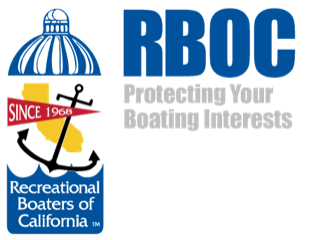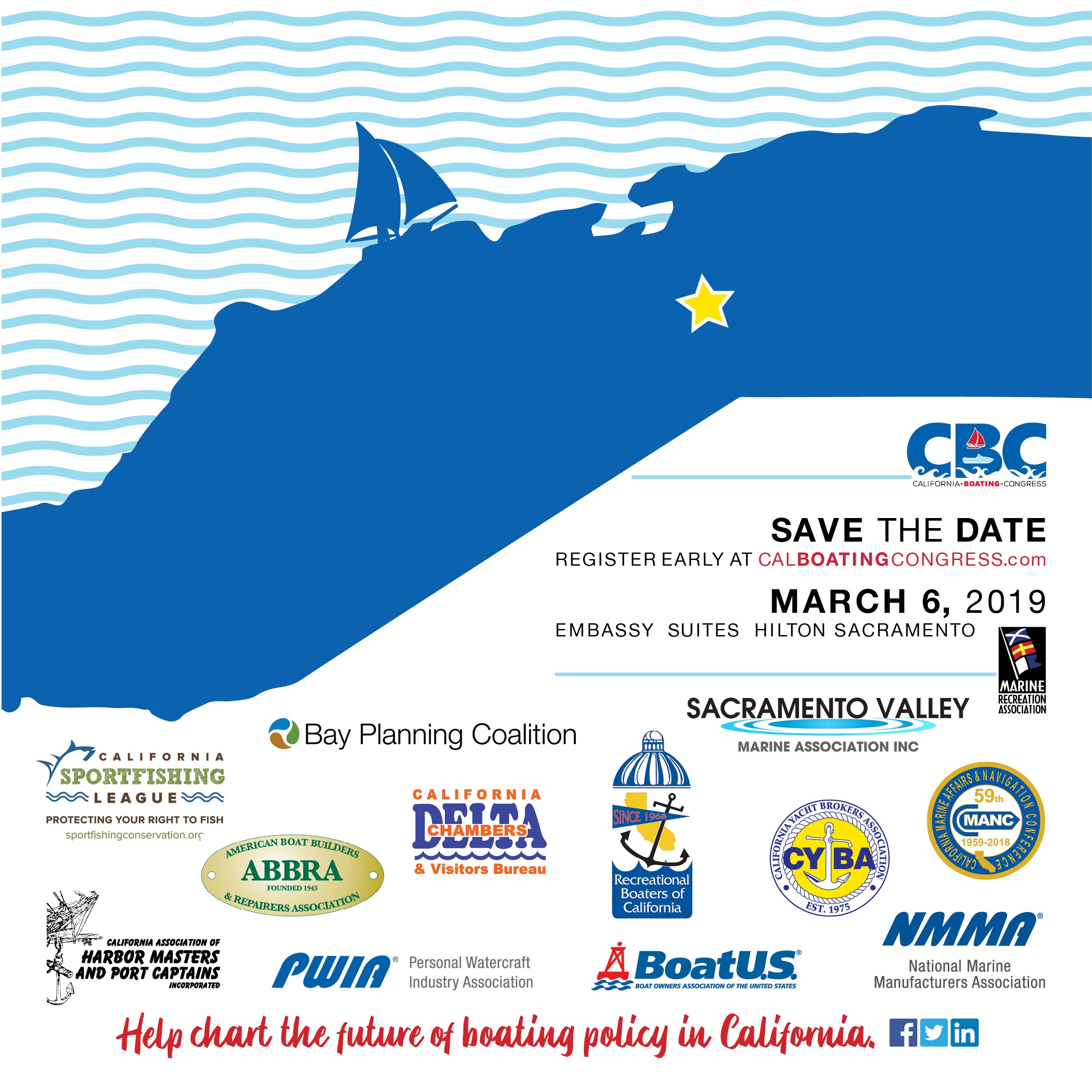RBOC is urging recreational boaters to contact their State Senators and Assembly Members ASAP and request that their elected representatives reject Governor Newsom’s proposal that we pay a 300% increase in boat registration fees for less state boating programs and services.
Click Here to Contact your state representatives and sample text
Let us know you took action by emailing us: rboc@rboc.org.
RBOC is very concerned that a two-year boating community stakeholder process has resulted in Governor Newsom’s May Revise proposal for the next state budget fiscal year that begins on July 1. It increases vessel registration fees by even more than originally proposed, for a 300% increase, without returning any more value to boaters, and ignoring the substantial $107 million per year contribution boaters already pay via the state fuel tax.
RBOC President Debrenia Madison Smith stressed: “This levy will create a financial barrier to healthy on-the-water opportunities for the average California boater, whose boat is under 25 feet in length, and even more so for individuals in disadvantaged communities or on fixed incomes.”
The average boat owner in California has an income of less than $70,000 per year, among those who are least able to afford the significant 300% increases in their registration fees. It will essentially make boating an activity that the average Californian family cannot afford.
The number of registered vessels in California has already been decreasing. Several years ago, California ranked third in the number of registered boats by state, today the state is fifth. Local assessors have been drastically increasing the assessed value of vessels for local property tax purposes, regardless of their age. New marina developments are reducing the number of slips available for small boats. Boaters are being required to spend more money on less effective hull paints.
The hardship of quadrupling fees coupled with severely increased fuel costs will also decrease tax revenue from boaters that fuel boats and the vehicles that tow them off the water, impact on the water or walkable restaurants accessed by boats, shopping by boaters who buy boating and camping equipment, and pay for repairs. Our communities will pay less fees for fishing and hunting, and fewer launches will decrease launch fees collected and place more hardships on marina owners.
In addition, the boating community is frustrated that a collaborative stakeholder-driven process is being announced and rushed through, in part, with little notification to the boating community that engaged in good faith in this process, with little to no time to review, react, or discuss the elements of the proposal the Governor is putting forth and those that he is leaving off the table.
The May Revise does not implement key recommendations of the two-year stakeholder process. The revise does not increase efficiency by actions such as transferring boat registration functions from the state Department of Motor Vehicles [DMV] to the Department of Boating and Waterways [DBW]. It does not improve transparency and accountability, instead it authorizes future registration fee increases without legislation.
The increase also does not address the inappropriate uses of registration fees. This includes the DMV cost of administering and collecting the fees, as well as the depletion of the fund by re-direction of significant vessel registration fees to the California Air Resources Board that is set to sunset on January 1 of next year.
The cumulative impact of the May Revise is that 750,000 boaters throughout California are being made to pay more for less.
RBOC is urging boaters to contact their state legislators and request that they reject the May Revise as announced on May 12 and instead:
Dedicate a minimum of $20 million annually in fuel tax dollars attributable to boaters to the Harbors and Watercraft Revolving Fund.
Remove the proposed authority for the vessel registration fee amount to be raised without future legislation.
Reject SB 84 and AB 241 that would extend the January 1, 2024 statutory sunset on the law providing boat registration fees to CARB and instead deposit those fees in the HWRF.
Transfer the boat registration function from DMV to DBW.
Lower the amount of the increased vessel registration fee to a reasonable level.
RBOC remains committed to working with the Governor and Legislature to increase the opportunities for Californians to have equitable access to on-the-water opportunities. To accomplish this objective, the provisions of the just-announced May Revise need to be significantly revised. RBOC is therefore opposed to the May Revise provisions in the proposed budget for FY 2023-2024 as announced on May 12.
# # #



